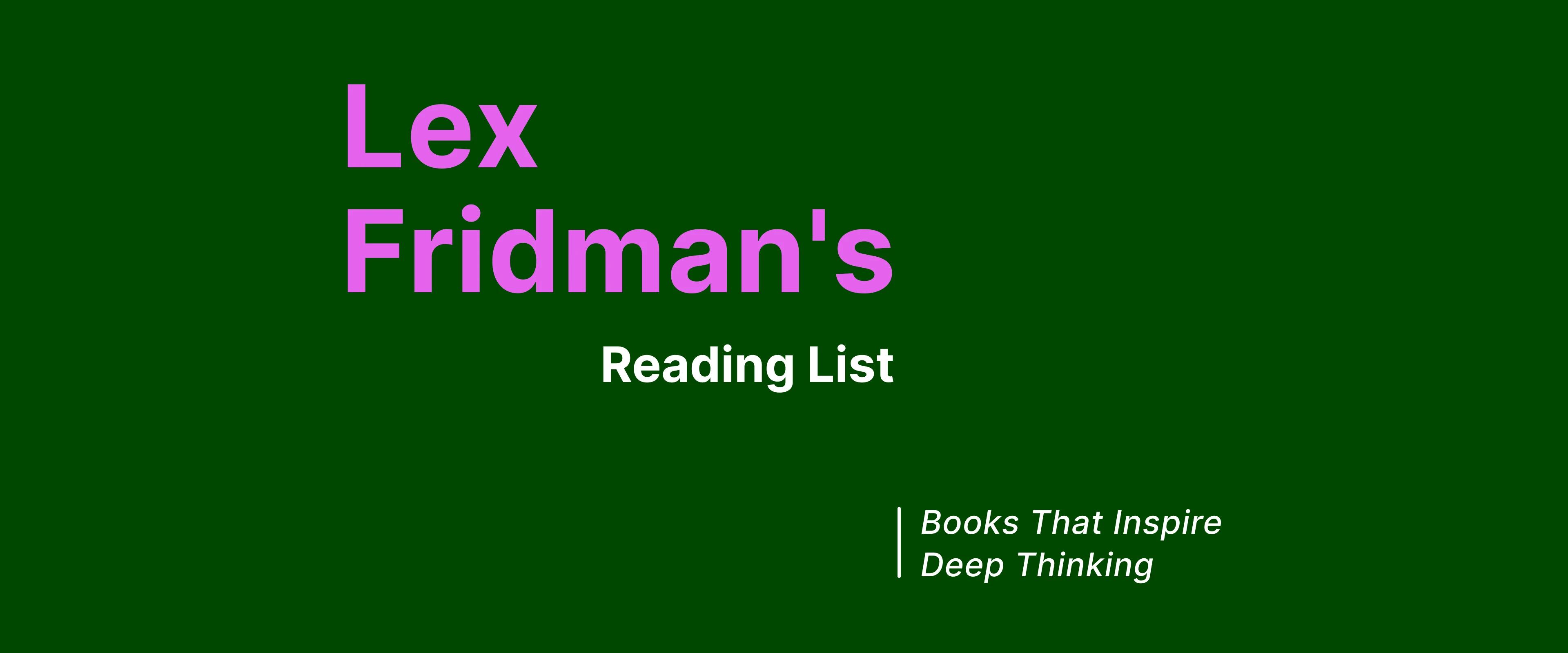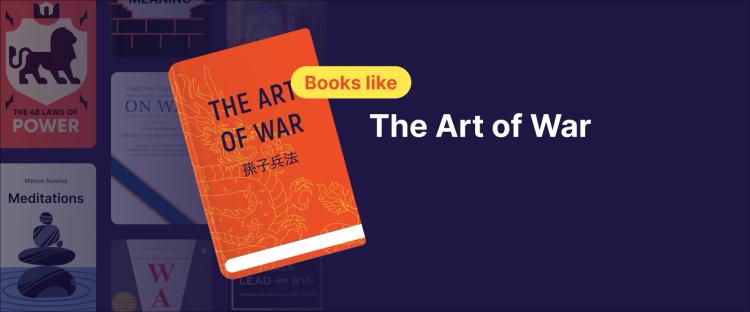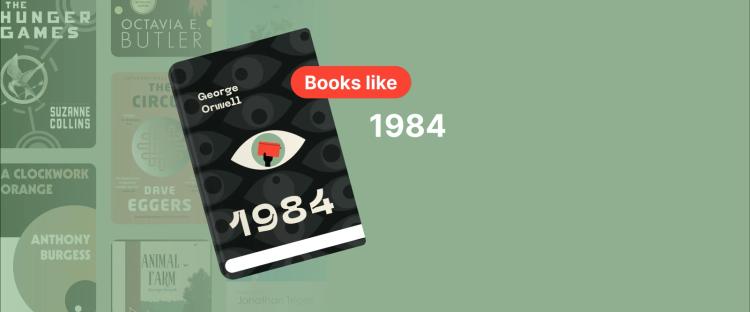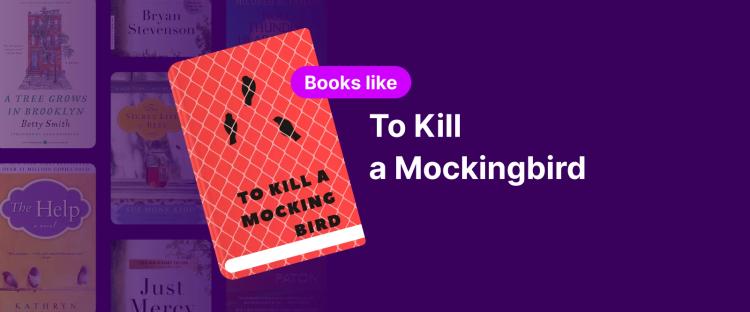Lex Fridman, one of the most thought-provoking thinkers of our era, encourages personal growth by sharing his curated reading list. Each title invites readers to immerse themselves in the realms of philosophy, science, and the intricate nature of humanity.
This article is your call to start an exciting reading adventure!
Engage with timeless works like George Orwell's chilling dystopia and Marcus Aurelius's profound reflections to sharpen your character and expand your worldview. Join fellow readers on this transformative journey and discover the powerful ideas that await!
Lex Fridman's author-recommended books: A journey through thought and imagination
Exploring Lex Fridman's reading list can significantly enhance your understanding of his diverse contemplations and philosophies. The recommendations span various genres, offering insights into the human experience and broader existential themes.
Classics and philosophy
Friedrich Nietzsche's analysis of morality challenges readers to reconsider the foundations of their beliefs and the nature of existence itself. His concept of the "Übermensch" encourages an exploration of individual potential and self-overcoming.
Albert Camus's 'The Stranger' and 'The Plague' delve into the absurdity of life, illustrating the individual's struggle against an indifferent universe. The author's ideas about existentialism and the search for meaning resonate deeply within contemporary philosophical discussions.
Fyodor Dostoevsky's 'The Idiot ' offers a chilling exploration of humanity's psychological complexities. The novel touches on themes of compassion, morality, and the duality of human nature. Dostoevsky's characters often grapple with intense moral dilemmas that reveal the darker aspects of the human soul.
Franz Kafka's 'The Metamorphosis' tackles surreal narratives and themes, such as alienation, existential dread, and the absurdity of bureaucracy, forcing readers to confront the unsettling realities of modern existence.
Hermann Hesse's 'Siddhartha' presents a mystic journey that mirrors the life of Buddha, exploring themes of self-discovery and the quest for meaning in a chaotic world.
Contemporary literature
Ernest Hemingway's 'The Old Man and the Sea' is a poignant narrative that explores themes of resilience, struggle, and the relationship between man and nature. It showcases Hemingway's mastery of succinct prose and deep emotional resonance.
Charles Bukowski's raw, unfiltered depictions of life provide gritty insights into the human spirit, emphasizing authenticity and the realities of existence often overlooked by society.
Arthur C. Clarke's and Isaac Asimov's works on technology and ethics explain their complex interrelation and the effects they impose on humanity and the universe. Clarke's imaginative sci-fi stories often explore the vast potential of space exploration, while Asimov's principles of robotics pose important questions about artificial intelligence and moral responsibility.
Iain M. Banks's 'Player of Games' is a thought-provoking exploration of governance and the nature of competition. It is set in the richly imagined universe of the Culture series about post-scarcity, interstellar civilization.
Douglas Adams's 'The Hitchhiker's Guide to the Galaxy' offers a comedic yet profound commentary on life, the universe, and everything, blending humor with philosophical inquiries about existence and the human condition.
Max Tegmark's works address the future of artificial intelligence and its potential impact on humanity. They encourage readers to explore the ethical dimensions of technological advancement and foster a deeper understanding of the relationship between AI and human values.
Exclusive recommendations
Miyamoto Musashi's 'The Book of Five Rings' extends beyond the martial arts of a legendary swordsman, offering valuable wisdom on strategy, discipline, and the pursuit of mastery in any field.
Ray Dalio's economic lessons champion the importance of radical transparency and diverse thought, providing frameworks for understanding economic systems and decision-making processes that can lead to more effective outcomes.
Antoine de Saint-Exupéry's 'The Little Prince' captures the essence of childhood wonder and the profound truths that come with it, inviting readers to reflect on the values of love, friendship, and the importance of looking beyond the surface.
Jack Kerouac's 'On the Road' encapsulates the spirit of freedom and the quest for identity in post-war America through the lens of a heartfelt exploration of its landscape and culture by a group of young friends. The novel was later adapted into a film reflecting the shaking social norms of that era.
George Orwell's 'Animal Farm' serves as a powerful allegory about totalitarianism and the corrupting influence of power, using the tale of farm animals to critique political systems and human behavior.
Frank Herbert's 'Dune' critically examines the interplay of politics, religion, and ecology against a backdrop of interstellar conflict, offering profound reflections on power dynamics and environmental sustainability.
This curated book list mirrors Fridman's eclectic interests and invites readers to engage with profound philosophical questions. To stay connected, check out the Lex Fridman Podcast on YouTube and @lexfridman X page, featuring his real-time thoughts. The Lexfridman.com website is Fridman's ultimate hub for all acclaimed episodes.
Explore the highlighted Lex Fridman's reads on the Headway app

Lex Fridman's reading list is a testament to his diverse interests and unwavering dedication to exploring the intricacies of the human experience. From timeless novels exploring the depths of the human condition to philosophical works challenging the nature of existence, the list demystifies complex concepts and triggers deeper self-reflection. Each book acts as a gateway to new ideas, igniting curiosity and inspiring a quest for knowledge that promises to broaden perspectives and enrich our inner selves.
Take a look at these Lex Fridman's highlighted titles to get you started:
'1984' by George Orwell
In '1984,' Orwell weaves a chilling narrative, portraying a world where individual freedom is crushed beneath the weight of authoritarian control. At the heart of the story is Winston, a humble man ensnared in the clutches of Big Brother. He toils in obscurity, erasing histories and reshaping reports, all while living in a society where the truth is not set in stone and independent thought is a dangerous luxury.
"Until they become conscious, they will never rebel, and until after they have rebelled, they cannot become conscious."
Unlike many dystopian stories, '1984' does not offer a glimmer of hope; instead, it paints a stark, chilling picture of totalitarian rule resonating in today's world and echoing Orwell's warnings.
'Meditations' by Marcus Aurelius
'Meditations' offers an intimate exploration into the psyche of Marcus Aurelius, one of history's most esteemed Roman emperors. This collection of his personal reflections and philosophical musings centers on resilience, Stoicism, and longing for a virtuous life.
"You have power over your mind - not outside events. Realize this, and you will find strength."
Over time, the 'Meditations' have evolved into an influential guide for self-improvement that will continue to inspire generation after generation. The emperor's diary offers readers relevant, practical strategies for navigating life's complexities and practicing self-discipline.
'Sapiens' by Yuval Noah Harari
In 'Sapiens: A Brief History of Humankind,' Yuval Noah Harari examines the history of early tribal systems and modern societies. The author identifies key milestones, beginning with the "Cognitive Revolution" of Homo sapiens and continuing with the Agrarian Revolution, a pivotal shift from a nomadic to a settled lifestyle. He then discusses the Industrial Revolution and subsequent advancements, emphasizing the almost unavoidable harm inflicted on nature:
"The romantic contrast between modern industry that 'destroys nature' and our ancestors who 'lived in harmony with nature' is groundless. Long before the Industrial Revolution, Homo sapiens held the record among all organisms for driving the most plant and animal species to their extinctions. We have the dubious distinction of being the deadliest species in the annals of life."
Moving to the 21st century, Harari addresses the challenges of nuclear threats and ethical dilemmas in bioengineering and encourages readers to advocate for a sustainable future.
'Man's Search for Meaning' by Viktor E. Frankl
Viktor E. Frankl's 'Man's Search for Meaning,' a memoir by a globally praised psychotherapist and philosopher, takes readers on a journey through one of the darkest chapters in history — the Holocaust and the concentration camps of World War II. The author shares the remarkable insights he gained while enduring torture and death threats, particularly on the power of love.
"Love is the only way to grasp another human being in the innermost core of his personality. No one can become fully aware of the very essence of another human being unless he loves him… and even more, he sees that which is potential in him... By making him aware of what he can be…, he makes these potentialities come true."
'Man's Search for Meaning' offers its readers transformative survival strategies such as finding purpose in pain and upholding spiritual values. The author's insights, born from personal trauma and psychological exploration, instill hope as a powerful testament to the human spirit seeing a higher meaning in the midst of chaos.
'The Art of War' by Sun Tzu
'The Art of War' is a timeless masterpiece by Sun Tzu containing invaluable discoveries in conflict resolution. Written in the 6th or 5th century, it provides lessons applicable to various modern fields, including the intricacies of confrontation, adaptability to changing conditions, and careful resource management. The text covers key concepts in military strategy, emphasizing the importance of logistics and careful pre-conflict planning of offensive and defensive tactics.
"If you know the enemy and know yourself, you need not fear the result of a hundred battles. If you know yourself but not the enemy, for every victory gained you will also suffer a defeat. If you know neither the enemy nor yourself, you will succumb in every battle."
Sun Tzu's treatise remains one of the most influential texts on warfare, inspiring an endless flow of humor and reminding readers that being well-informed gives you a conscious head start.
Engage with the Lex Fridman reading community through challenges
Join the vibrant Lex Fridman reading community with exciting challenges to spark connections and intellectual curiosity! Here are some ideas:
1. The Lex Fridman one-year reading challenge: Explore one book from his list each month for a year. At the end of the month, gather online or in person to discuss reflections and insights, fostering a deeper understanding of diverse themes.
2. The philosophical dive: Form a virtual book club focused on Fridman's list of intellectual works. Share insights and host themed discussions on ethics, consciousness, and technology's impact on our lives.
3. The varied perspectives challenge: Choose one book from Fridman's collection of genres. Compare notes and discuss the different ideas and perspectives, encouraging rich conversations.
These challenges enhance personal growth and create a collaborative space for sharing insights and learning. Let's turn pages and enrich our minds on this shared adventure!
Explore more IQ-boosting reading lists with Headway
Exploring Lex Fridman's reading list invites you on a journey of intellectual growth. This curated collection spans diverse genres, offering valuable insights that expand your worldview and help you better understand the world and yourself.
To enrich your reading experience, consider using the Headway app for concise summaries and key takeaways. This tool simplifies complex ideas into digestible insights, helping you grasp the main themes and engage more deeply with the material. You may enjoy our curated collections, such as "16 Must-Read Books Like '1984' for Modern Dystopian Readers" and "Top 14 Must-Read Books Like 'The Art Of War' For Strategy Enthusiasts."
Combining reading with summarization will develop a richer perspective and foster a curious mindset as you tick titles off Fridman's list. Prepare for an enriching journey of continuous growth and enlightenment!
FAQ
Who is Lex Friedman?
Lex Fridman is a prominent AI researcher at MIT (Massachusetts Institute of Technology). His deep conversations with some of the brightest minds on the thought-provoking podcast cover everything from cutting-edge technology to profound philosophical inquiries and historical perspectives. By exploring the works he recommends, listeners foster their critical thinking and deepen their understanding of the world around them.







